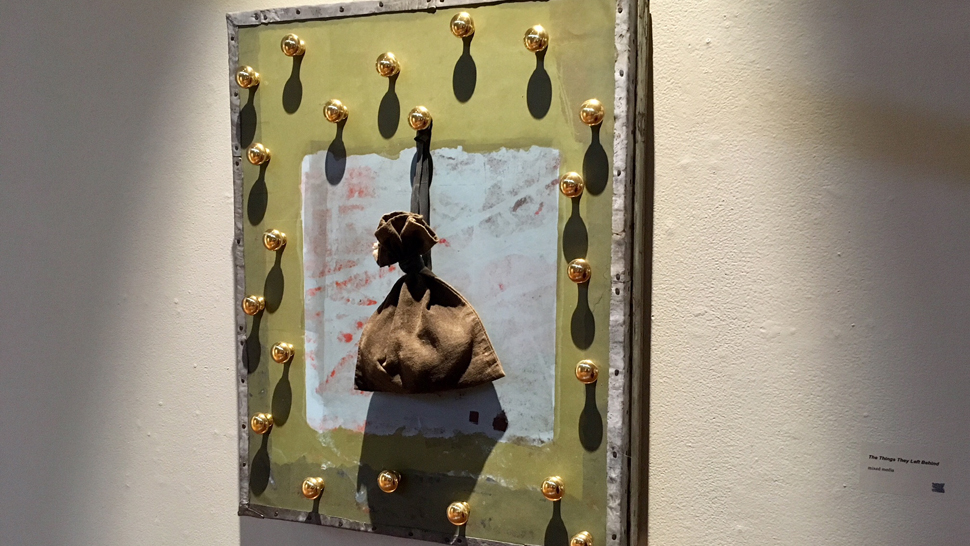"Fait Accompli," now on display at the Dunedin Fine Art Center through August 12, is one artist's emotional response the world's refugee crisis.
- Artist Michael Massaro has worked on human rights art for nearly 20 years
- "fait accompli" translates to "done deal"
- Massaro uses art to "scale the walls of opinion that divide us"
The loose translation of the term is “done deal.”
Artist Michael Massaro invokes the term here to speak to the feelings of inevitability regarding immigrations issues through installation art.
"So much of this is put in our face in a shocking way, it's difficult to approach," said Massaro about the refugee crisis.
Massaro has been working on human rights art for nearly 20 years, traveling to places like Haiti and Kenya and working for UNESCO, the United Nations Educational, Scientific and Cultural Organization.
He uses art to scale the walls of opinions that divide us on how to handle immigration issues, hoping to elevate the discussion beyond the political to the human.
 "The Things They Leave Behind" by Michael Massaro (Virginia Johnson, staff)
"The Things They Leave Behind" by Michael Massaro (Virginia Johnson, staff)
One example is the work “The Things They Left behind." Every part is the piece of a home.
"Even this is an old door frame," said Massaro, pointing out the frame of the rectangular-shaped art piece. “These knobs come from the cabinetry that would have been in a home.”
The middle of the piece contains a small drawstring bag, tightly closed.
"The bag kind of is the things that [refugees] would take," Massaro explained. "We see them, but we don't know the things that they value enough to take with them."
Of this latest conflict over separating families who cross the borders illegally, Massaro says he is not surprised.
“You know all things come home eventually," he said.
Massaro says he's not trying to give answers. In fact, often he has more questions when he completes a piece than when he started on the journey to create it.
"We're supposed to be the most compassionate -- do something about it," Massaro said. "I guess we are finding out as long as we have division around us as a populace, we have a harder time to enact that compassion."



